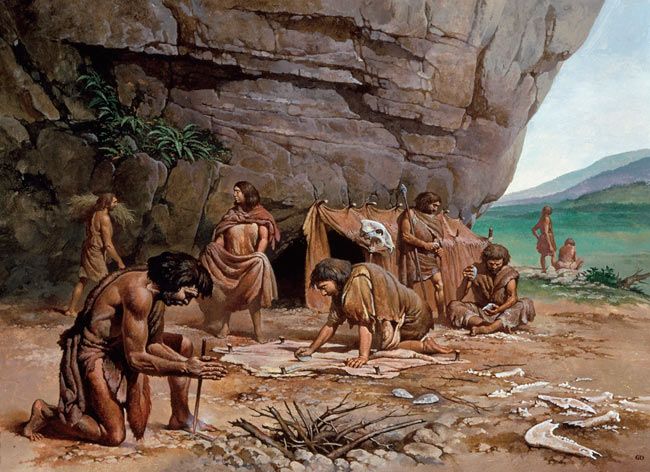NOVEMBER 1, 2021 – Yesterday’s Times included the review of a “big picture” book, just released, written by British anthropologist David Wengrow and the late American anthropologist (and “anarchy activist”) David Graeber. By “big picture” I don’t mean large illustration. I mean a book that makes you question what billions of us have taken for granted.
In brief, with the enticing title, The Dawn of Everything, the book relies on anthropology and archeology to shake conventional wisdom that homo sapiens were simple, loosely-organized hunter-gatherers for several hundred thousand years before discovering agriculture. Only with the advent of agriculture, we’ve been taught, were social, political, and economic systems developed. Instead, so goes the thesis of this new book, early members of our species experimented with “a carnival parade of political forms.” The authors conclude that we moderns have a much longer record of re-invention and should break free of the “shackles” imposed by our limited view of history.
I’ve read enough about anthropology and archeology to know that controversy abounds within these disciplines. Much of that disagreement stems from uncertainty inherent in sketchy quality and limited quantity of evidence. Writing a “big picture” book grounded in these two disciplines is replete with targets for critics—particularly those whose own theses are threatened—to shoot down.
The book is a tome. Before I buy or borrow it, I want to confirm it was well edited. (A well edited book is like a well-shoveled sidewalk after a winter storm: for the patient reader—i.e. plodding pedestrian—the neat, clean pathway affords a firm grip on a level surface versus a tentative footing on bumpy, compacted snow that slows or even diverts one’s progress.)
For me, an amateur, a “big picture” book is about more than a thesis supported by evidence beyond a reasonable doubt. It’s a book that presents perhaps a lesser standard of proof—clear and convincing evidence or even a mere “preponderance” of evidence—but sufficient to hold my attention and crank my brain; a book that stimulates with practical effect. If assumptions about the large arcs of our existence and development can be critically re-assessed, current world views and ways of doing things can be improved.
Take for example our ingrained views about housing, land use, policing, schooling, transportation, caring for the environment, providing day care for the young and the old, and so on right down to the framework of our brand of self-government. Instead of degrading ourselves by a million cuts, we need to learn how to think about the “big picture” in broad, new terms. A book like The Dawn of Everything can work as an effective and inspirational catalyst.
For too long we’ve been stuck in a contentious, partisan rut, inundated with simplistic slogans that drown out creative, constructive solutions. We’re better than that. According to Graeber and Wengrow, we’ve been building on more than 9,000 years of experience. We’re part of a “carnival parade” 309,000 years old. Let’s start thinking as if we weren’t born yesterday, because we weren’t.
(Remember to subscribe to this blog and receive notifications of new posts by email.)
© 2021 by Eric Nilsson
